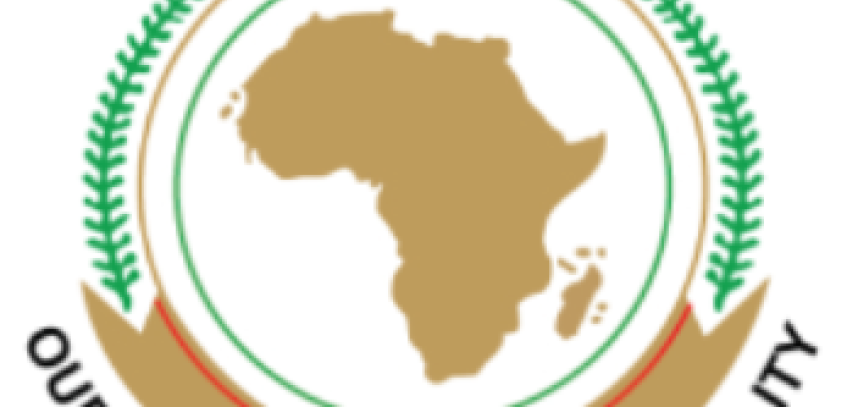In December 1997, the United Nations General Assembly proclaimed 26 June as the International Day in Support of Victims of Torture, a day which also marks the entry into force of the Convention against Torture and Other Cruel, Inhuman or Degrading Treatment or Punishment (CAT).
The Committee for the Prevention of Torture in Africa (CPTA) once again joins the international community in marking this important day, in support of victims/survivors of torture.
Victims of torture on the African continent face significant challenges in seeking redress mainly due to the absence of comprehensive anti-torture legislation, policies, administrative measures and institutional arrangements designed to give effect to the right to reparation. Gaps in the rule of law, especially in conflict and post-conflict states, present significant obstacles to victims seeking reparations.
In order to offer victims of torture full healing through the complete range of reparative measures, including restitution, compensation, rehabilitation, satisfaction and guarantees of non-repetition, States should undertake effective measures to address impunity.
Impunity arises from failure by States to meet their obligations to investigate violations; to prosecute and duly punish those suspected of criminal responsibility; to ensure redress and the inalienable right to know the truth of victims; and failure to take the necessary steps to prevent recurrence of the violations.
This year marks an important milestone in the fight against impunity on the African continent. On 30 May 2016, the African Extraordinary Chambers sentenced to life imprisonment the former President of Chad, Hissène Habré, in Dakar, Senegal, following his conviction for crimes against humanity and torture. This was the first time in the history of Africa that a former Head of State was tried by an African Court set up by the African Union in conjunction with a Member State (the Government of the Republic of Senegal). This landmark judgment is a huge leap towards realising the African Union’s founding principle of respect for the sanctity of human life, and the condemnation and rejection of impunity, as enshrined in the African Union’s Constitutive Act.
In this same vein, the CPTA welcomes the sentencing this week by the International Criminal Court of Jean-Pierre Bemba Gombo for war-crimes and crimes against humanity committed in the Central African Republic from 2002 – 2003.
Despite the above developments, there persists a culture of impunity, and lack of accountability and transparency. If Africa is to overcome the scourge of torture and ill-treatment, necessary conditions for accountability, transparency, democratic rule and respect for human rights should be put in place.
In instances of transitional justice, those processes must facilitate accountability, justice, sustainable peace, healing and reconciliation. Processes should therefore include truth seeking, holistic justice processes, reparation for victims and structural and legal reforms. State Parties must ensure that their justice approaches are premised on consultative, all-inclusive and participatory approaches that ensure both respect for the dignity and rights of victims.
More generally, if there are reasonable grounds to believe that an act of torture or ill-treatment has taken place, States should ensure prompt and transparent investigation by independent and impartial authorities; ensure that perpetrators of violations are brought to account whether in criminal, civil, administrative or disciplinary proceedings; effect the appropriate penalties on perpetrators; and ensure reparations to victims.
States should refrain from extending amnesty for torture as it constitutes a gross violation of international human rights law. They should also preclude the grant of immunity for acts of torture as it would be contrary to the obligation to prosecute and to provide redress for victims.
Further, States should ensure that they criminalise torture in accordance with CAT; take into account the specific needs of vulnerable groups in the justice process including by providing legal aid; waive state secrecy laws when allegations of torture are raised; waive statutes of limitation as regards allegations of torture; and ensure execution of judgements .
The CPTA urges States to take steps to bring perpetrators of torture to account. Other stakeholders including non-governmental organisations and national human rights institutions should document and bring to light allegations of torture in order for victims to benefit from the full range of reparative measures.
The CPTA also urges the African Union and States Parties to build on the decision of the African Extraordinary Chambers and ensure that the African continent is not a haven for perpetrators of torture, regardless of their status.








